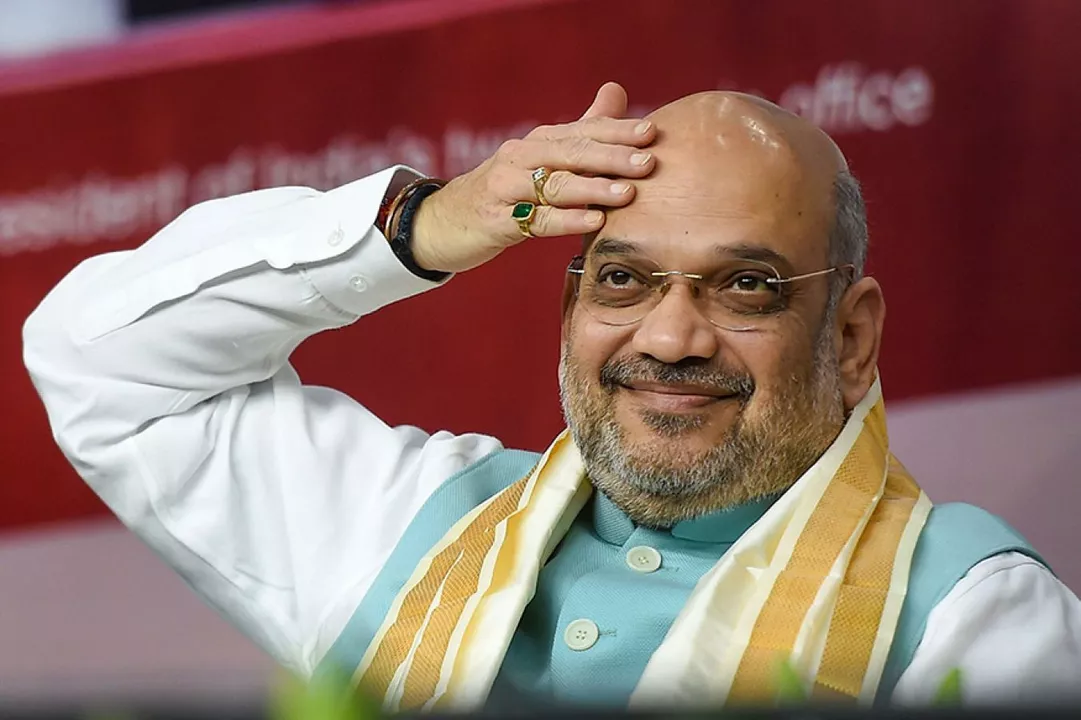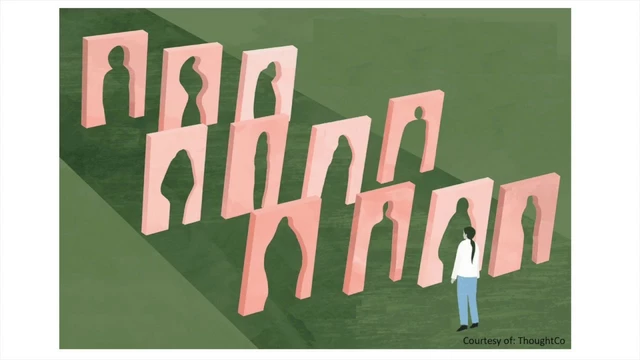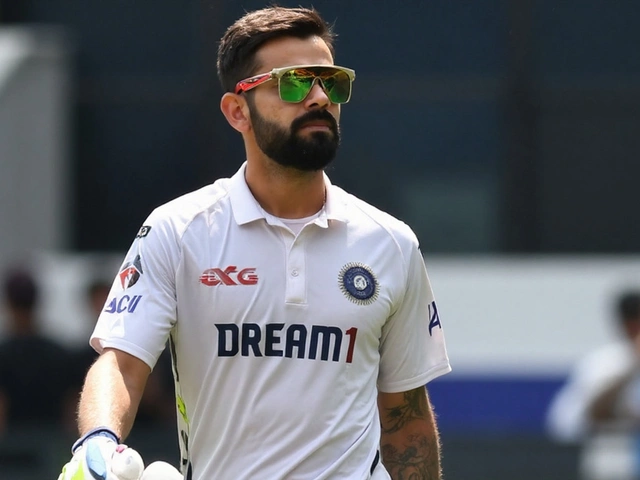How the Modi Government is Working to Modernize India's Criminal Justice System
The Modi government is taking steps to modernize India’s criminal justice system and make it more efficient. Home Minister Amit Shah recently announced that the government is planning to amend the Indian Penal Code (IPC) and the Criminal Procedure Code (CrPC). These amendments are being made in order to make the criminal justice system more efficient and help it keep pace with the changing times.
The government is planning to make changes to the IPC and the CrPC in order to ensure that the laws are up to date and reflect the modern times. The changes will cover a wide range of areas, including the introduction of harsher punishments for certain offences, such as cyber crimes and crimes against women. The government is also looking at introducing new procedures and practices to make the criminal justice system more efficient and effective.
The government is also aiming to improve the overall functioning of the criminal justice system. This includes introducing measures to ensure that cases are dealt with in a timely manner and that the accused are given a fair trial. The government is also looking to ensure that the judicial process is more transparent and that the rights of the accused are protected. In addition, the government is looking to introduce measures to ensure that the victims of crimes are provided with adequate support.
The Modi government is working to make the criminal justice system in India more effective and efficient. The proposed amendments to the IPC and the CrPC are aimed at making the system more modern and ensuring that it is able to keep pace with the changing times. These changes will help ensure that the criminal justice system is able to protect the rights of the accused and provide victims of crime with the support and justice they deserve.
What Changes to the Indian Penal Code and Criminal Procedure Code are Being Proposed?
The Indian Penal Code (IPC) and Criminal Procedure Code (CrPC) are two of the most important pieces of legislation in the Indian legal system. Recently, the Modi government has proposed new changes to both the IPC and CrPC to make them more effective in tackling crime. Home Minister Amit Shah stated that the changes are intended to make the laws more “effective and contemporary”.
The proposed changes to the IPC include introducing harsher punishments for crimes such as rape and murder. It also seeks to strengthen the law against acid attacks, stalking, and cyber crimes. For example, the government is proposing to include a new section in the IPC that would make it a crime to share or store any kind of obscene content online. Additionally, the government is proposing to introduce a new offence of criminal breach of trust, which would punish those who violate the trust of their customers or employers.
The proposed changes to the CrPC include introducing the concept of plea bargaining. This would allow the accused to plead guilty in exchange for a lesser punishment, thereby reducing the burden of court proceedings. Additionally, the government is proposing to introduce special courts to handle cases related to cyber crimes. These courts would be equipped with special judges who possess the technical expertise to deal with such cases.
The Modi government is also proposing to introduce stricter rules for bail. Under the new rules, those accused of serious offences such as rape, murder, and terrorism will not be eligible for bail. Additionally, the government is proposing to introduce mandatory DNA testing for certain criminal cases, such as rape and murder. This will help in the identification and prosecution of offenders.
Overall, the Modi government is making a concerted effort to modernize the Indian legal system. The proposed changes to the IPC and CrPC are aimed at making the laws more effective in tackling crime and ensuring that criminals are brought to justice.
Examining the Implications of Modi Govt's IPC and CrPC Reforms
The Indian government, headed by Prime Minister Narendra Modi, recently announced its intent to make sweeping changes to the Indian Penal Code (IPC) and the Code of Criminal Procedure (CrPC). This has raised a lot of questions about what these changes could mean for India’s criminal justice system. Home Minister Amit Shah has been vocal in his support for the reforms, saying that they will modernize the system and make it more efficient.
One of the most significant changes proposed by Modi’s government is the introduction of a new ‘sentencing framework’. This would enable the courts to impose lighter sentences in certain cases, such as those involving first-time offenders. This could result in fewer people being sent to prison, which would help to reduce overcrowding in India’s jails. It could also make the criminal justice system more equitable, as those who are convicted of minor offences would be less likely to receive harsh sentences.
The reforms could also have an impact on India’s policing system. The government has proposed an overhaul of the police force, which would give officers more authority to investigate crimes and make arrests. This could improve the effectiveness of the police force in tackling crime, but it could also lead to issues such as police brutality and human rights abuses if not properly regulated.
The reforms could also have implications for civil liberties. The government has proposed to strengthen the powers of the state to be able to take action against those who challenge its authority. This could potentially lead to a situation where civil liberties are curtailed, and citizens are unable to exercise their rights freely. This could be particularly concerning in light of the government’s recent attempts to stifle dissent.
Overall, the proposed reforms to the IPC and CrPC have the potential to make a significant difference to India’s criminal justice system. However, it is important to ensure that these changes are implemented in a way that is fair and balanced, and that they do not infringe on the rights of citizens. It will be important to keep a close eye on the situation as the reforms are put into place to ensure that they are not abused by the government or used to oppress its people.
Exploring the Debate Surrounding the Modi Government's Proposed Changes to IPC and CrPC
The Indian government under Prime Minister Narendra Modi has recently announced plans to make sweeping changes to the Indian Penal Code (IPC) and the Code of Criminal Procedure (CrPC). This proposal has sparked a debate among Indian citizens, with some feeling that these changes are necessary to prevent crime and ensure justice, while others feel that the changes could be detrimental to civil liberties.
The proposed changes to the IPC are aimed at strengthening the legal framework for punishing those who perpetrate crimes. It is proposed that the existing laws be amended to make punishments harsher, with provisions for more stringent penalties for certain offences. It is also proposed that new offences be added to the IPC, such as cybercrime, acid attacks and human trafficking.
The proposed changes to the CrPC are aimed at improving the efficiency of the criminal justice system. It is proposed that the existing laws be amended to reduce the time taken for trials and to provide for the use of enhanced technology such as DNA testing and CCTV. It is also proposed that new provisions be added to the CrPC, such as allowing the use of plea bargaining and increasing the powers of the police.
The debate surrounding these proposed changes has been heated, with both sides presenting their arguments in favour of or against the changes. Supporters of the proposed changes argue that they are necessary to ensure that justice is served and to prevent crime. They point out that stronger punishments and improved technology will help to deter criminals and ensure that those who commit crimes are brought to justice. Opponents of the proposed changes argue that they will infringe on civil liberties and lead to miscarriages of justice. They point out that harsher punishments may not be the most effective way to reduce crime, and that the use of enhanced technology could lead to innocent people being wrongly convicted.
The debate surrounding the Modi government's proposed changes to IPC and CrPC is an important one, as it will have far-reaching implications for Indian society. It is important to weigh both sides of the debate and to consider the potential consequences of the proposed changes before making a decision.
Understanding the Significance of Amit Shah's Announcement on Modi Govt's IPC and CrPC Reforms
On January 15th 2021, Union Home Minister Amit Shah made a statement on the Modi government’s proposed reforms to the Indian Penal Code (IPC) and the Code of Criminal Procedure (CrPC). He highlighted the importance of reforms in both of these laws, which have been in place since the British colonial era, and have remained largely unchanged in the intervening years. The proposed reforms are aimed at modernizing the two laws, making them more relevant to the changing times, and more effective in terms of addressing contemporary crime and security issues.
The IPC and the CrPC are two of the most important pieces of legislation in India, as they provide the legal framework for regulating criminal activities, and for punishing those found guilty of criminal offenses. In the case of the IPC, the reforms proposed by the Modi government include making changes to existing laws to strengthen existing provisions for protecting women and children from violence, as well as introducing new provisions to address emerging issues such as cybercrime. Similarly, the CrPC reforms are aimed at modernising the country's criminal justice system and making it more efficient and effective in addressing contemporary issues.
The announcement of the reforms by Amit Shah is significant in many ways. Firstly, it shows the Modi government’s commitment to modernizing India’s legal system, and making it more relevant to the changing times. Secondly, it shows the government’s willingness to work with stakeholders such as the judiciary, legal experts, and civil society to ensure that the reforms are effective and beneficial. Lastly, the announcement is a sign of the government’s commitment to ensuring that the law is fair and just, and that all citizens, regardless of their social and economic status, have access to justice.
The proposed reforms to the IPC and the CrPC are likely to have far-reaching implications for the criminal justice system in India. For instance, the changes to the IPC are likely to make it easier for victims of crime to access justice, and to ensure that perpetrators of violence against women and children are punished more severely. Similarly, the CrPC reforms are likely to improve the efficiency and effectiveness of the criminal justice system, and make it easier for victims to access justice. In short, the announcement of the proposed reforms by Amit Shah is an important milestone in the Modi government’s efforts to modernize India’s legal system, and make it more responsive to the needs of the citizens.



